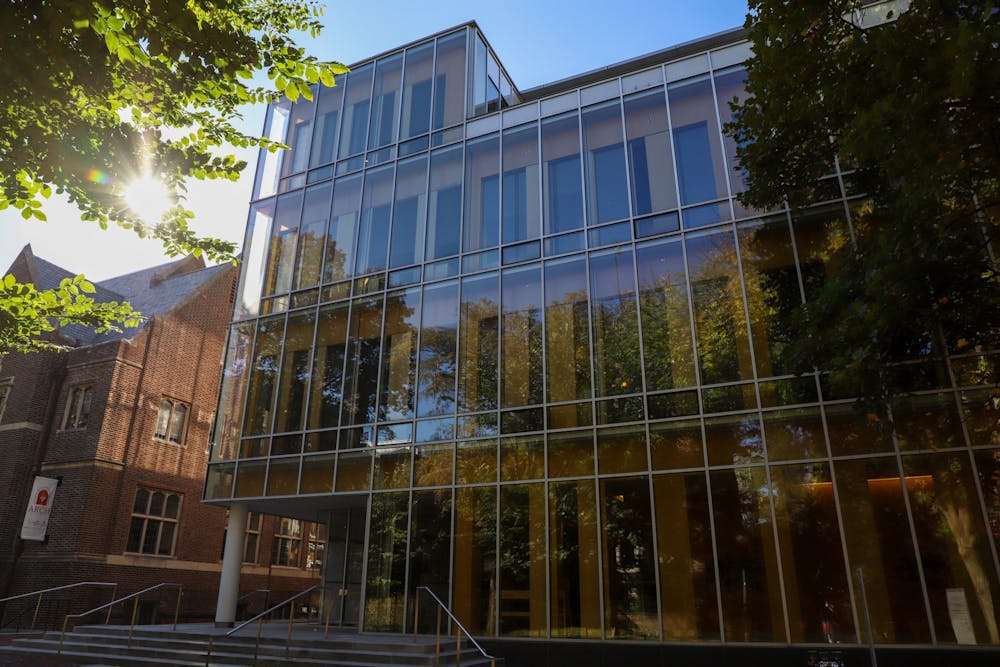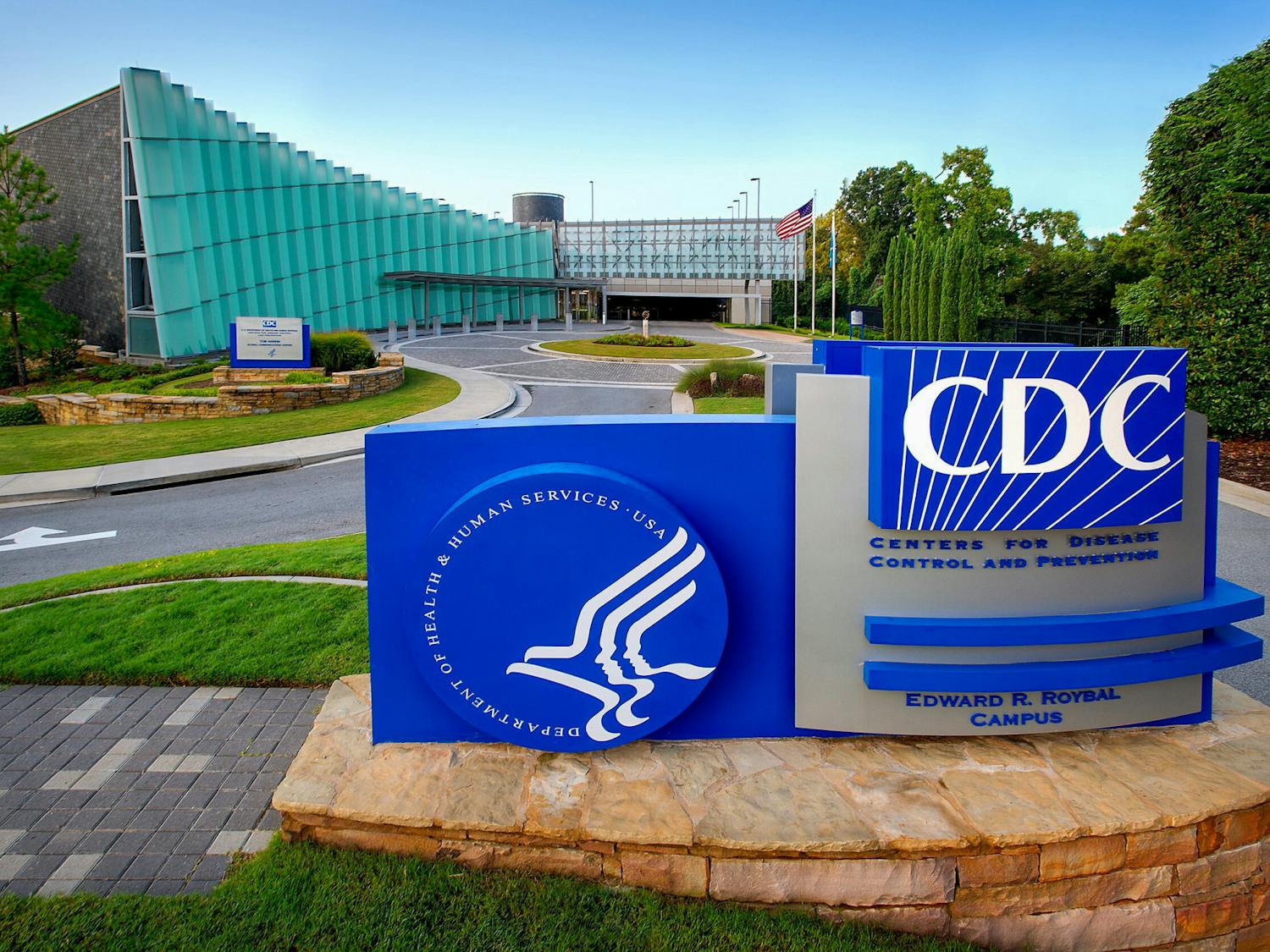Director of the Annenberg Public Policy Center at Penn Kathleen Hall Jamieson published commentary examining how conspiracy theorists have exploited the provisional nature of COVID-19 science.
The commentary, published in the journal Nature Human Behavior on Nov. 1, analyzes how conspiracy theorists questioned the trustworthiness and motives of government agencies and officials to portray scientists and health experts as bad actors.
Since scientific knowledge of COVID-19 is constantly evolving, health officials have repeatedly updated statements on topics including mask wearing and hydroxychloroquine. Jamieson wrote that conspiracy theorists exploited this updating process to create mistrust in officials, suggesting a “cover-up” or other sinister motives.
Jamieson wrote that conspiracy theorists eroded trust in health officials' recommendations about life-saving behaviors including mask wearing and vaccination.
She added that conspiracy theorists have attacked funding structures in science, which often collaborate with the government, philanthropic institutions, and the biopharmaceutical industry to weaken public trust.
Her commentary cites contemporary examples that have negatively impacted the public perception of health science, including allegations by Trump and other administration officials that the Democrats, media, and scientists wanted the pandemic to last through the 2020 presidential election.
Prior research from the Annenberg Public Policy Center found that refusal to adopt behaviors that mitigate COVID-19 transmission like mask wearing is correlated with belief in conspiracy theories.
To lessen the appeal of COVID-19 conspiracy theories and promote faith in science, Jamieson emphasized the importance of effective communication by health officials.
Another study funded by the Annenberg Public Policy Center discovered that expert scientific testimonies in the news improve public perception of preventative measures like the COVID-19 vaccine.
“Understanding the susceptibilities that conspiracists exploit should help us to identify ways to better safeguard both the trustworthiness of health science and public trust in it,” wrote Jamieson.









